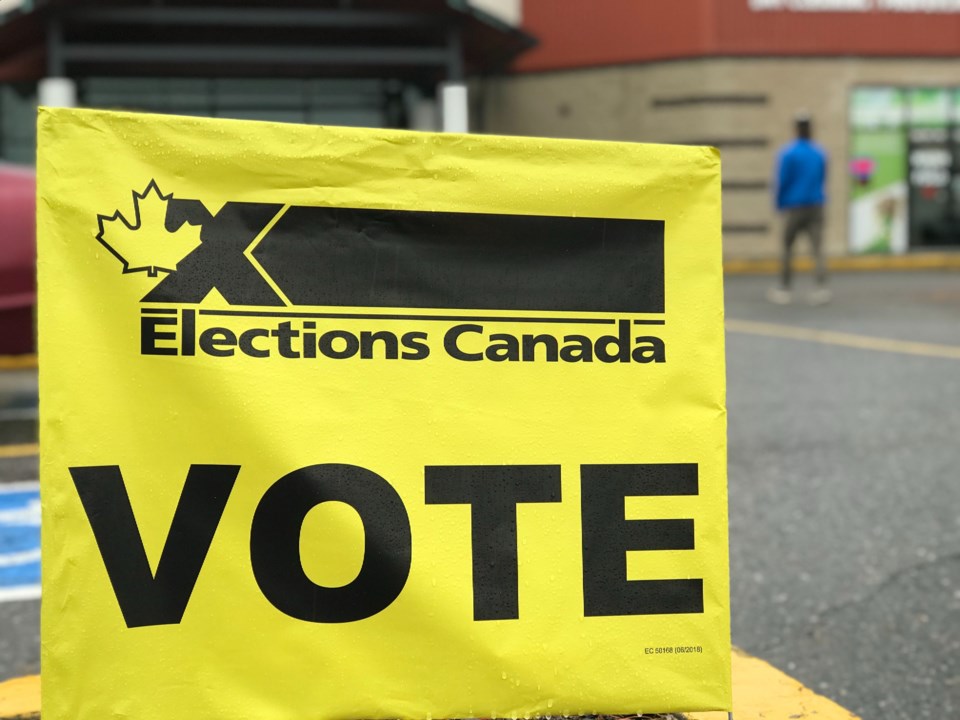Regarding Mario Canseco’s “Polling shows push for proportional representation stalling in B.C.,” published online on July 24.
The results just go to show that referenda are not a good way to gauge public preferences. Most people don’t understand the issues as presented. And throwing in new choices only adds to the confusion.
Polls have consistently shown that when you ask people a simple question, do they think the percentage of seats won should reflect the popular vote gained, over 60% will say yes.
Try asking people whether or not they want their vote to count some of the time or whether they want their vote to count all of the time, what do you think their response would be?
My parents raised me to make fairness one of the most important qualities a person could have.
First-past-the-post (FPTP) voting is definitely not fair. Yes, everyone has the right to vote. We’ve come a long way from 1867, when Canada adopted the Westminster system and only a select few had the right to vote. Over the decades, more and more groups were given the franchise, until now, every Canadian citizen over the age of 18 has the right to vote.
However, not all votes have the same elective power, witnessed by the results of the last election, when the Green Party won two seats under FPTP, instead of the eight seats they would have won under a fair system, some form of proportional representation. That is not fair.
It’s time to recognize that the right to have everyone’s vote have the same elective power is as fundamental to a fair democracy as the right to vote. A short story. A man is invited to a card game by a friend. He knocks on the door and is met by his friend, who informs him that the other players had a vote, and yes, he can play, but he has to get twice as many votes as anyone else in order to win.
Why referenda are not a suitable vehicle for gauging public opinion; voters are busy people. They don’t want to take the time to understand complex issues. We elect representatives to make those decisions for us, hopefully in our best interests.
Which design for the Canadian flag, yes. Whether we should have a fairer electoral system, no. When voters are faced with a difficult decision, they pick the status quo.
Those who would benefit by keeping FPTP don’t want to give up the system that got them elected. Their motive is strictly self-interest. So, they will deny voters a fair system by using disinformation and obfuscation to persuade voters to continue to support that self-interest.
In the early 50s, WAC Bennett got elected by a fluke, the result of a once-in-a-lifetime alignment of parties. His Social Credit party came up the middle in a ranked ballot system. Once he was elected, he realized he would never win another election under the ranked ballot, so he unilaterally changed the system to FPTP.
Those who oppose a more democratic system are not playing fair.
How many of you will defend a system that, several times in the past federal and provincial elections, has had the winner getting more votes than the loser? One example from B.C., when Gordon Campbell got several thousand more votes than Glen Clark, but lost the seat count. Federally, how many times has the Conservative Party won the popular vote and lost the election?
Daryl Sturdy
Vancouver


